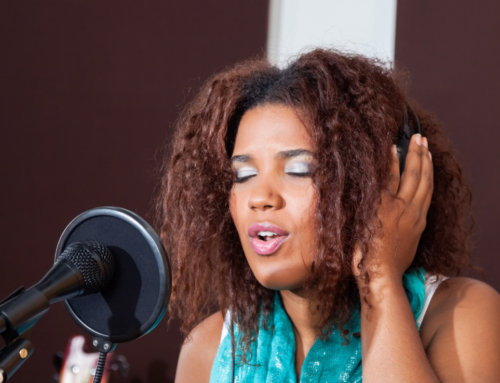In recent weeks the Business of Carnival and Entertainment series of articles published in Newsday’s Business Day have been relevant and important in facilitating a national discussion on the contribution of these sectors to the wider economy. However, there are few aspects of the article titled: Live Streaming Presents Performers, Promoters with New Challenges published on February 23rd that are faulty.
The article accurately highlights growing use of live-streaming technology by concert-goers, to share their experiences with their social media followers and specifically questions the legal implications of the streaming of the entire Machel Monday event by an attendee. However, it cites an Intellectual Property attorney as saying that: “as long as streamers are not profiting, or livestream without the intent to, then they are basically outside the ambit of the law.” This statement is erroneous as the Trinidad and Tobago Copyright Act clearly states that one of the exclusive rights of Copyright and Neighbouring Rights granted to the owner of a copyrighted work is the right to broadcast and communicate their works to the public. In the absence of a license from the promoter to stream the event, an entity doing so is in contravention of the law. Copyright infringement is not related to profit or the potential for profit.
The attorney is further quoted as saying that “as long as the streamer acted out of a love of culture and a desire to put it on display for the world, then under the current system there are no legal consequences. The burden of proof that harm had been done to the event lies with the promoter.” This too is incorrect, as the only exceptions to the law that may permit the copyright owner’s works to be used without permission, are outlined in sections 9-17 of the Copyright Act. None of those apply in this case.
It is important that we respect the rights of musicians and creators as we embrace evolving technology in the Creative Industries. We must be careful not to fuel the perception that streaming an entire concert without the requisite permission is acceptable. To legally stream a concert, a few clearances must be secured. The party undertaking the streaming must have an agreement with the promoter. It would be ideal for the promoter to have previously informed the performers that their performances would be live-streamed and negotiated the right to use their music and image. In the case of events streamed in real time to the public, using technology such as Facebook Live, performance and synchronization licenses for both copyright and neighbouring rights need to be secured from each collective management organisation that represents talent performing on the show.
Our current Copyright Laws are modern and applicable as technology changes. The problem has been a lack of innovative models for the licensing of copyrights for new music uses, education, respect and general enforcement of the laws.




